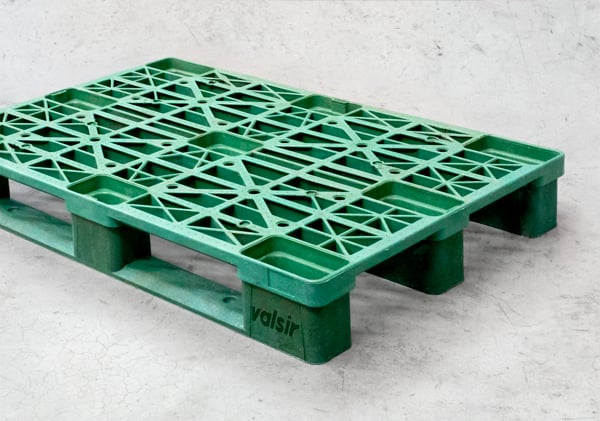Circular economy and sustainability
Before to the industrial revolution, agricultural economies recovered everything that could be re-utilised
It was common to make small home furnishings out of old clothes, or to rely on individuals who were capable of repairing all sorts of everyday items (knives, umbrellas, shoes, etc.). With the advent of an economic system based on immediate exploitation, the life cycle of goods has become linear, and much shorter.
This model has led to the consumption of many more resources than nature is able to provide. In fact, according to a study carried out by the Global Footprint Network, we use about 50% more each year than our ecosystems are able to produce. And unfortunately this trend is constantly accelerating.
It is therefore necessary to immediately adopt a new development model that’s capable of enhancing the use of resources and improving the efficiency of production processes. This model is known as the circular economy: a system that gives new life to various types of waste materials through recovery and recycling.
Unlike the linear economy, in the circular economy every product is developed taking its entire life cycle into account, starting from design and the supply chain: this promotes the dissemination of innovative materials and the reduction of waste, and decreases the use of non-renewable resources.
The circular economy therefore proposes a new business model, as well as a development opportunity for the industrial world, and is an essential requirement for generating profits in a sustainable way.
It is within this context that Valsir’s Recycling division has rendered available its expertise in the transformation of materials, long considered to be merely plastic waste, into new resources to be utilised.
“Your” circular economy
We close your loop
In fact, if managed correctly, plastic even represents a precious asset for the planet: a study on packaging carried out by PlasticsEurope (the European association of plastics manufacturers) has shown that using plastic, as opposed to other materials, provides for energy savings, as well as a reduction in CO2 emissions, thus protecting natural resources.
In fact, thanks to the technologies at our disposal, we’re able to manage all forms of polyolefin plastic waste, and transform them into End of Waste materials using our plants.
Therefore, in addition to being a supplier of End of Waste materials and recycled plastic pallets, Valsir Recycling is also a strategic partner that’s capable of transforming your plastic waste into pallets, thus allowing you to bring your own circular economy full circle.

